While the following post relates heavily to the transition experience faced by athletes, the principles can be applied to any space where elite performance is required or other transitions we face during life – think teenage years into adulthood, marriage, families, careers etc etc.
Specifically related to athletes, it is possible that we can sometimes fail to recognise that our time in the elite sport space will only be of a short duration compared to the rest of our careers outside of elite sport. We only have a certain time to shine. Realistically, athletes probably have at least another 40 years in the workforce, with at least 7 different career changes. And while it can be daunting thinking about life after sport or life after any major goal, the benefits of planning for the time when you no longer are experiencing the extreme highs and extreme lows will enable you to transition more smoothly.
A recent article in the Sports Business Insider suggests that one of the keys to a successful transition is having a mentor – someone who has been there, done that, and come out the other side. Seek out an athlete/CEO/manager/coach/mentor, who may or may not be in your discipline, but who is now living a life that incorporates a career, family, friends, and a new purpose i.e. someone who has faced a similar transition to you and come out the other side. This will help you realise that you are not alone in the struggles you face, it is possible to overcome current challenges, and that life does indeed continue on in a meaningful fashion.
When planning for your transition, it is important to ask yourself a few basic questions:
1: What is it that you really enjoy doing outside of your current discipline? What are you passionate about? What are you willing to stand up for?
2: What are some goals outside of your current discipline that have set for the next month, six months, year, five years and those bucket list goals?
3: Who can you network with within a potential career field to gain some experience?
4: Who can support you during your transition? Family? Friends? Colleagues? Teammates? Professionals? Online resources? Pets? Nature? Your community?
It is also important to continue with some form of exercise, not necessarily sport, but some form of exercise to maintain the feel good endorphins. We know that intense exercise is as addictive as heroin. So the importance of continuing the good habits you have set while you are an elite athlete are vital for your physical and emotional well-being during transition. If you aren’t an elite athlete, the overwhelming science supporting exercise to improve your well-being cannot be argued with – so start taking physical action during your transition! Other emotional well-being strategies heavily supported by science include meditation, relaxation and mindfulness.
Other key activities you can incorporate into your transition, and during your entire life if we are being honest, is helping others. Go and volunteer at your local hockey club, visit your grandparents for a morning coffee, jump online and find a social project you can contribute to. Not only will you be helping different communities, you are also nourishing your own mental health.
Remember, all of life’s transitions are like waves – your emotions will ebb and flow, sometimes they will be insanely high and you will feel invincible; sometimes they will be strongly negative and you may get dumped in the sand. However, we have an amazing source of resiliency to draw upon given we are all a part of the human race. Take action. Seek help. Help others. And Enjoy the Ride.
Until next time,
Ride with a smile, ride with purpose, ride in the moment,
Han
(If you are a VIS athlete, this blog post may be familiar, hopefully the key messages can now be appreciated by all).


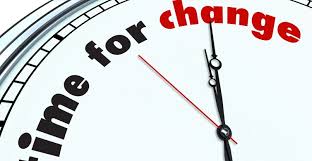


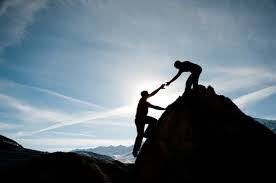

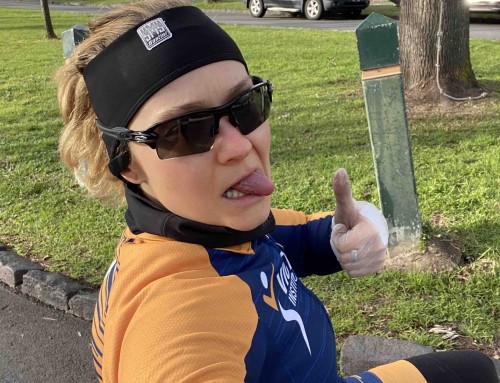
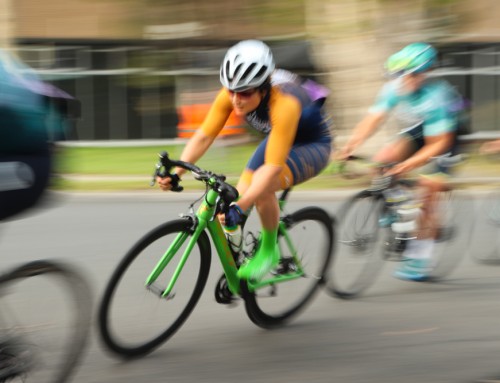
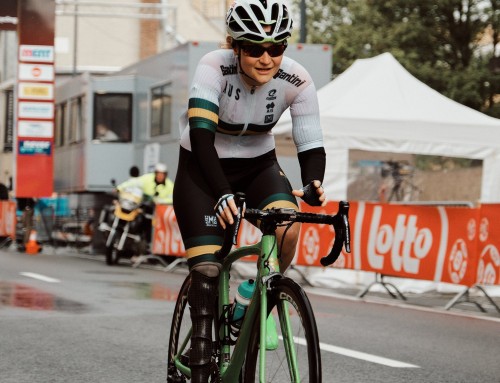
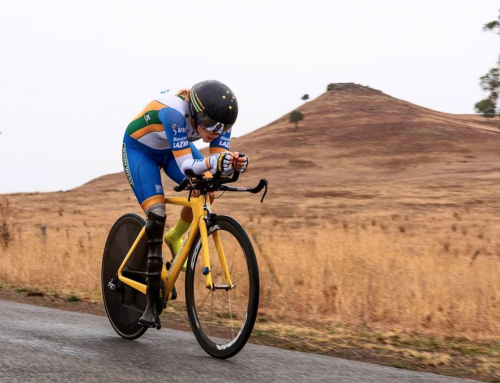
Leave A Comment